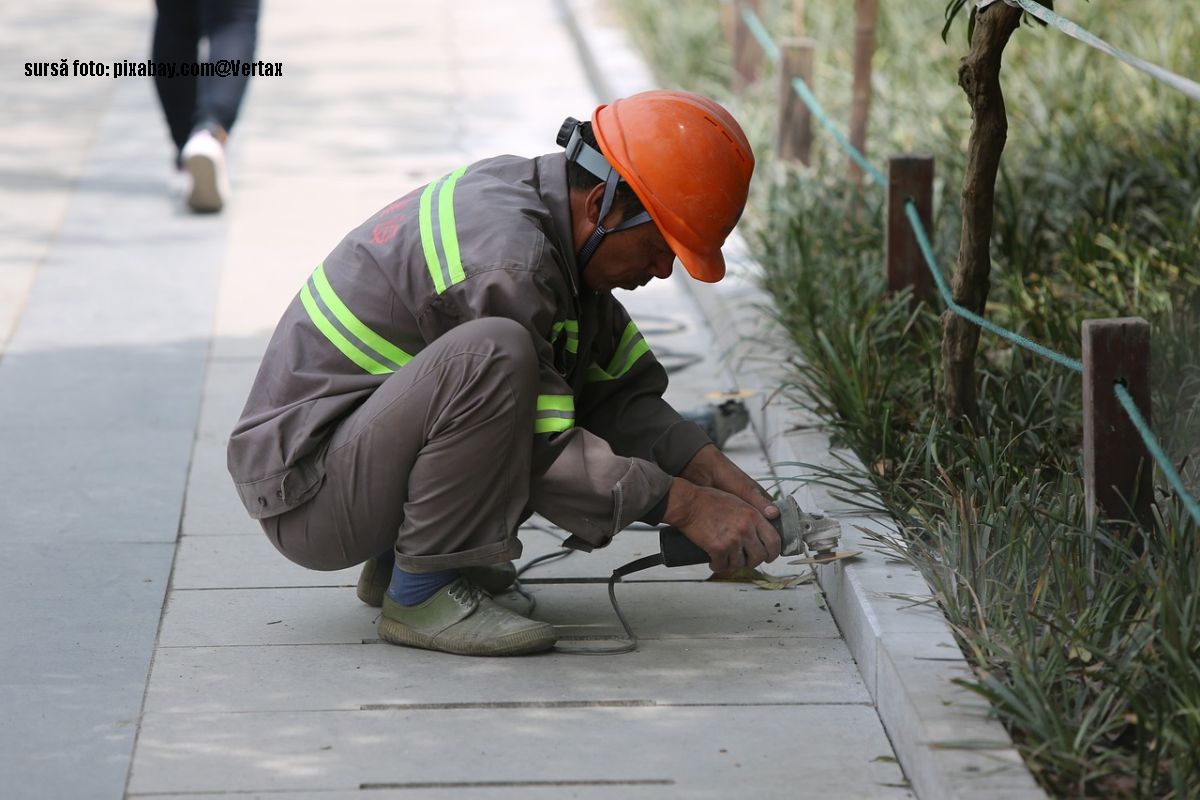The trafficking of minors
Romanian NGOs are fighting human trafficking.

Christine Leșcu, 01.07.2020, 14:00
According
to the European Commission between 2015 and 2016 more than half of
the human trafficking in the EU 56% was done only for sexual
exploitation and this remains its most widespread form. In this
context as expected women and girls accounted for two thirds out of
the total registered victims, 68%. This percentage would go up to 77%
if we eliminated statistic data from the UK, which is no longer an EU
member. The first five European countries of residence for the
victims were Romania, Hungary, the Netherlands, Poland and Bulgaria.
The
situation doesn’t seem to have changed significantly in the present
as in 2018 Romania was still one of the source-countries for human
trafficking, according to the National Agency against Human
Trafficking and half of the total number of victims were minors. Some
of these girls, who somehow managed to break out of this type of
contemporary slavery are being helped by activist Iana Matei, the one
who 20 years ago opened a shelter for the protection and social
inclusion of the victims of human trafficking. According to Iana
Matei, ever since its foundation, the aforementioned NGO entitled
Reaching Out Romania has offered assistance to over 600 sexploitation
victims.
Iana
Matei: We
started with an apartment that we rented back then, after that the
number of girls increased and I think in 2000 we registered the
largest number of girls. Most of them were being trafficked in the
countries of the former Yugoslavia. Later we had to build a shelter
for them and added another one as their number also increased. The
two centers that we have at present can accommodate 18 girls and at
present there are 12 girls living in these centers. We still have
another accommodation facility in a lavender farm in Craiova,
southern Romania, because we wanted to create an alternative for the
girls who don’t want to continue their studies. Most of them come
from villages and at our lavender farm we teach them how to develop
their own businesses and trades. The girls in our centers have ages
between 12 and 14 and from my point of view we should be speaking
about pedophilia here, not about human trafficking. This is violence
not against women but against children.
At
the lavender farm, these girls are offered the occasion to learn the
skills they need for a trade so that they may not resort to
prostitution again but at the shelter founded by Iana Matei they are
also offered psychological assistance. Sexploitation causes specific
trauma, which are difficult to overwhelm; victims are suffering from
low self-esteem as they were being deprived of affection at a very
early age. These issues are usually exploited by traffickers who
often resort to the ‘loverboy’ method to seduce young girls into
prostitution.
Iana
Matei: The
loverboy method allows the trafficker to annihilate the young girl’s
identity. We are speaking here about young girls who don’t actually
know what love is and that makes them easy prey for these predators.
Unfortunately, these young girls become sex-addicts in time. If they
start their sex-life at around 11 or 12 years old and have about
10/15 clients a day, a certain type of addiction is formed, but this
subject is taboo as nobody wants to talk about it. Furthermore, these
young girls will often have to deal with a lot of finger-pointing as
people are very judgemental and eager to do blame-shifting. The first
three months are the most difficult because what they want to do most
is to go back to their job, their addiction. State institutions
aren’t very helpful in this respect. For instance, under the law
any child must go to school, but these girls, victims of
sexploitation, have a special situation and cannot go back to school
very soon.
According
to Iana Matei, human trafficking requires an integrated approach,
joint actions from the ministries of education, health, of the
interior as well as the various directions for fighting organized
crime. These should cooperate with the NGOs, which know the situation
first hand. Furthermore the collective outlook of the rural
communities, these girls are coming from, where sexploitation is
misunderstood and blame-shifting is common, must radically change.
Blame-shifting is also commonly related to another phenomenon
affecting women nowadays, namely domestic violence. Here is Elena
Samoila, programme coordinator with the FILIA Center, an association
campaigning for women’s rights.
Elena
Samoila:
Victim
blaming is a widespread phenomenon in society nowadays. Victims are
oftentimes blamed for their decision to hold on to an abusive
relationship or are scapegoated for the abusers’ behaviour. People
often say: ‘well, there are two sides to every story, she must have
done something’. To cut a long story short, we are living in a
society where women are blamed for triggering their partner’s
abusive behaviour and are supposed to endure violence at the hands of
their partners and put a brave face on things. Men, who are most of
the time the abusers in a relationship, are usually getting away with
it.
Experts
are cautioning that under the present circumstances, the number of
domestic violence cases is on the rise all over the world, as many
women are confined to isolation with aggressive partners.
(translated by bill)






























